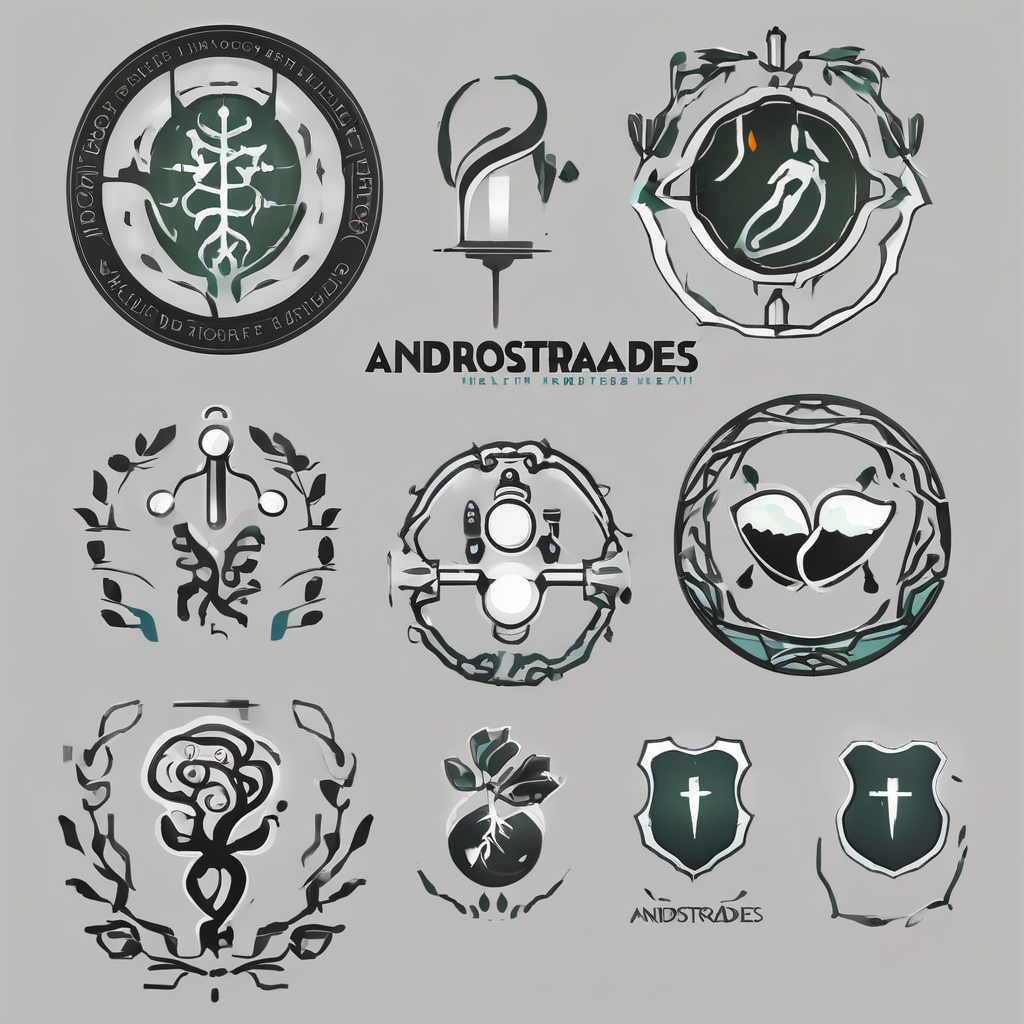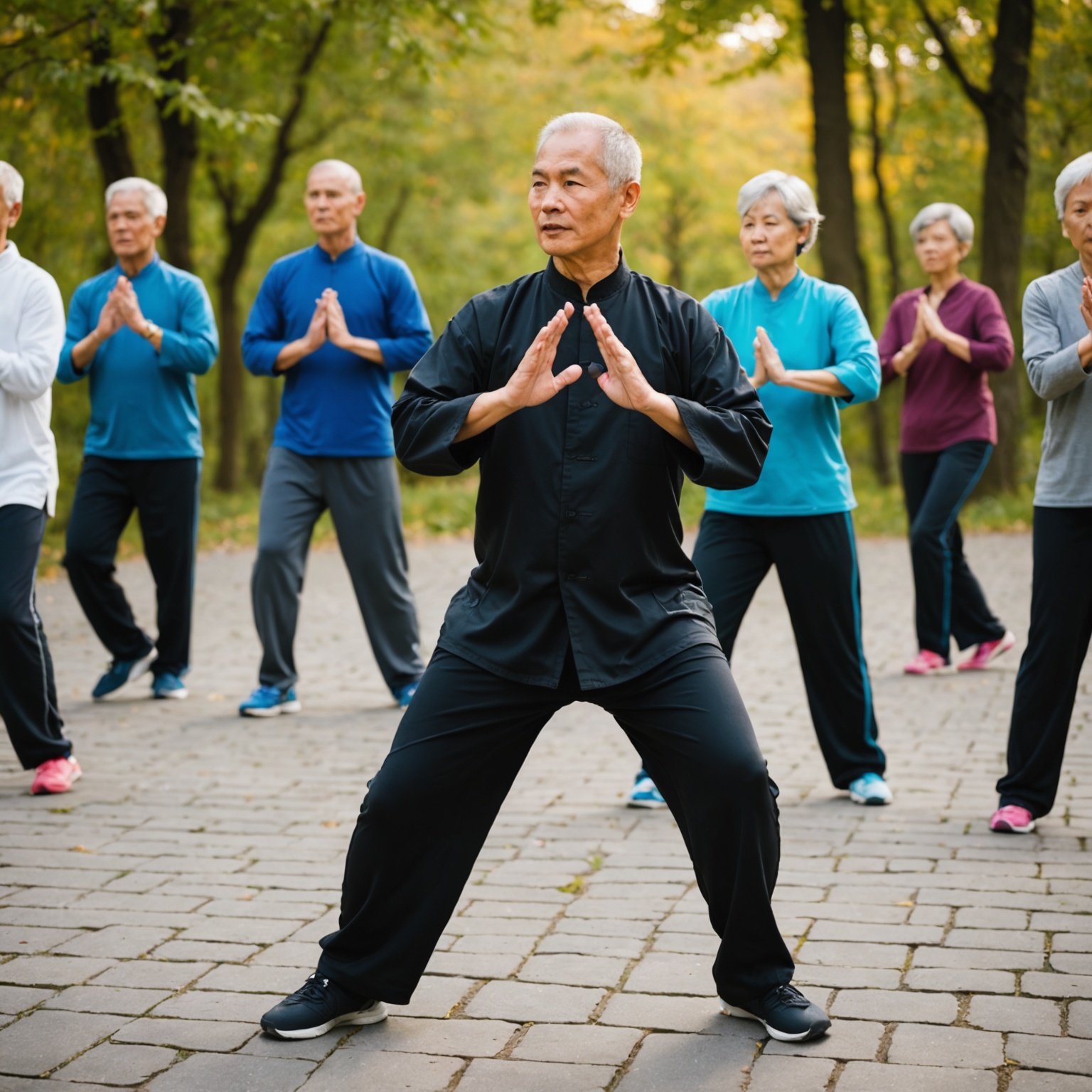In recent years, the practice of Tai Chi has gained significant attention, particularly among those seeking to improve health and well-being. Originating from ancient China, this gentle form of exercise emphasizes slow, deliberate movements, meditation, and deep breathing. It’s no wonder Tai Chi has found a dedicated following worldwide. But can this form of chi exercise specifically improve cardiovascular function in middle-aged adults? In this article, we explore the potential benefits, backed by scientific research and insights from various studies.
Understanding Tai Chi and Its Basics
Tai Chi, also known as Tai Chi Chuan, integrates both physical and mental benefits. The practice involves a series of smooth, flowing postures that are performed in a slow, focused manner, accompanied by deep breathing. Unlike high-intensity workouts, Tai Chi is gentle and can be easily adapted to suit different fitness levels.
Additional reading : How Can a Gluten-Free Diet Assist in Managing Symptoms of Gluten Sensitivity?
The primary appeal of Tai Chi lies in its holistic approach. By promoting a balance between the mind and body, Tai Chi can help reduce stress, improve flexibility, and enhance overall well-being. For middle-aged adults, this low-impact form of exercise can be particularly beneficial as it minimizes the risk of injury while providing substantial health benefits.
Scientific Evidence Supporting Tai Chi’s Benefits
When it comes to scientific research, the practice of Tai Chi has been extensively studied. Numerous studies have explored its effects on several health outcomes, including cardiovascular function. According to a meta-analysis published on Google Scholar, Tai Chi has shown significant potential in improving cardiovascular health among middle-aged adults.
This might interest you : How Effective Are Cold Showers in Boosting Immunity and Reducing Muscle Soreness?
One particular randomized controlled trial (RCT) investigated the effects of Tai Chi on blood pressure. Participants were divided into a control group and a chi group, with the latter practicing Tai Chi regularly. Results indicated a notable improvement in blood pressure levels among the chi group, suggesting that Tai Chi could be an effective intervention for managing hypertension, a major risk factor for cardiovascular disease.
Additionally, research accessible via PubMed Google and other academic databases like doi pubmed has backed these findings. Studies have reported that Tai Chi can positively influence various cardiovascular markers, such as heart rate and cholesterol levels. These benefits are particularly crucial for middle-aged adults, who are at a higher risk for cardiovascular issues.
Tai Chi’s Impact on Cardiovascular Risk Factors
Cardiovascular disease remains a leading cause of morbidity and mortality globally, and its risk factors are well-documented. High blood pressure, high cholesterol, obesity, and a sedentary lifestyle are among the primary contributors to cardiovascular issues. Chi exercise, like Tai Chi, targets these risk factors through a combination of physical activity and stress reduction.
A notable study from the PMC Free database highlighted the impact of Tai Chi on cardiovascular risk factors. The study demonstrated that participants who engaged in regular Tai Chi practice experienced significant reductions in blood pressure and cholesterol levels. Moreover, the gentle nature of Tai Chi makes it accessible to older adults and those with limited mobility, ensuring that the exercise can be sustained over the long term.
In a controlled trial focused on middle-aged adults, researchers found that Tai Chi improved not only cardiovascular markers but also overall physical fitness. Participants reported enhanced stamina, flexibility, and balance, all of which contribute to a healthier cardiovascular system. This holistic improvement underscores the importance of considering Tai Chi as a viable form of exercise for those looking to mitigate cardiovascular risk factors.
Incorporating Tai Chi into Daily Life
For those interested in reaping the cardiovascular benefits of Tai Chi, incorporating it into daily life can be straightforward. Beginners may start with guided classes, either in-person or through online platforms. Additionally, numerous resources, including videos and instructional books, are available to help individuals learn the fundamental movements and techniques.
One of the advantages of Tai Chi is its adaptability. Sessions can be tailored to suit individual fitness levels and schedules, making it an accessible option for people with busy lives. Moreover, the minimal equipment required for Tai Chi – typically just comfortable clothing and a flat surface – further simplifies the process of integrating it into one’s routine.
For middle-aged adults, committing to regular Tai Chi practice can lead to gradual, sustainable improvements in cardiovascular health. The key lies in consistency. By dedicating even a few minutes each day to this practice, individuals can experience cumulative benefits over time. Engaging in Tai Chi with peers or family members can also enhance motivation and make the experience more enjoyable.
After exploring the scientific evidence and understanding the fundamentals of Tai Chi, it becomes clear that this ancient practice holds promise for improving cardiovascular function in middle-aged adults. The gentle, yet effective nature of Tai Chi makes it an accessible and sustainable form of exercise, particularly for those looking to mitigate cardiovascular risk factors.
Numerous studies, including those found on Google Scholar, PubMed Google, and PMC Free, have corroborated the benefits of Tai Chi on cardiovascular health. From lowering blood pressure to enhancing overall fitness, Tai Chi offers a holistic approach to wellness. Moreover, its adaptability and ease of integration into daily life make it a practical choice for individuals seeking long-term health benefits.
In essence, Tai Chi is more than just a form of exercise; it’s a lifestyle that promotes balance, mindfulness, and well-being. For middle-aged adults looking to improve their cardiovascular function, incorporating Tai Chi into their routine could be a step towards a healthier, more fulfilling life. By embracing this ancient practice, individuals can potentially reduce their risk of cardiovascular disease and enjoy the myriad benefits that Tai Chi has to offer.











